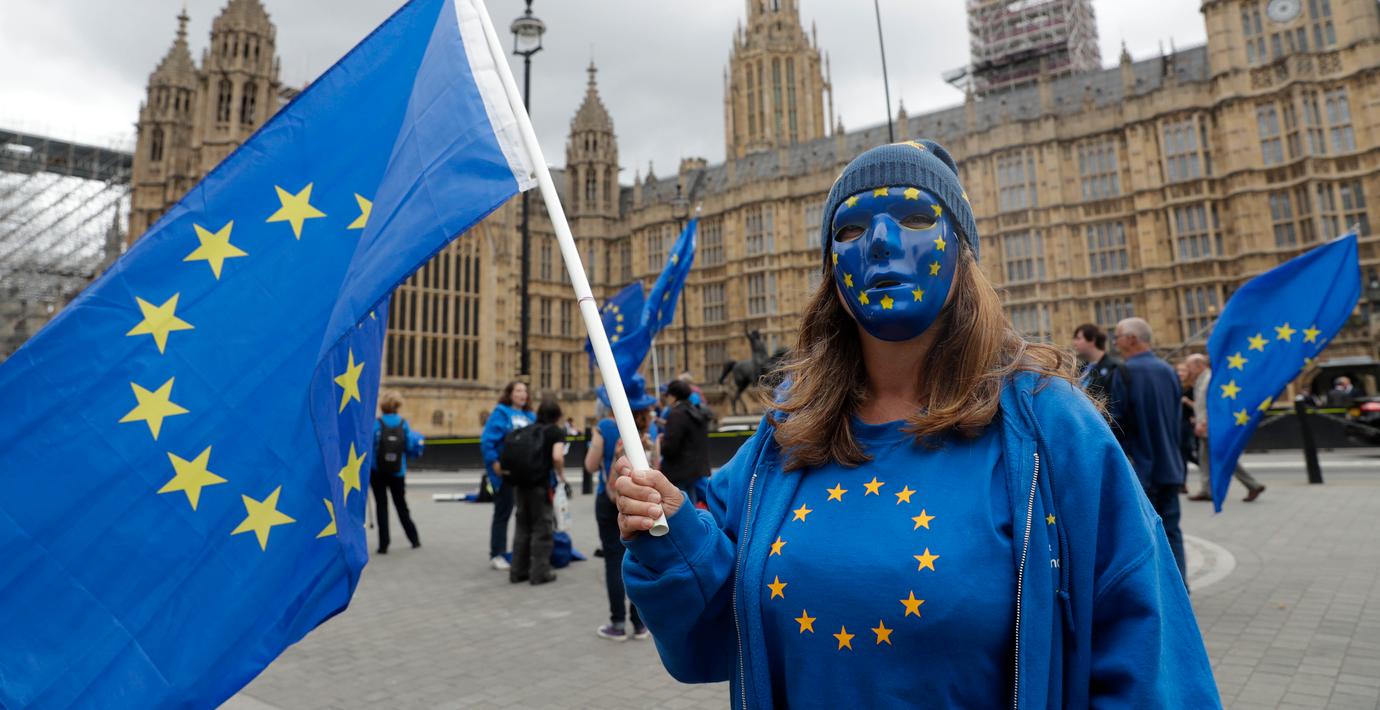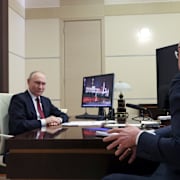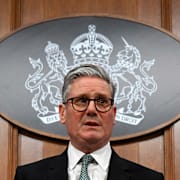
Undersökning: Allt fler britter vill rösta igen
Med bara ett halvår kvar till skilsmässan tycks allt fler britter få kalla fötter, skriver TT. Enligt en undersökning som EU-vänliga rörelsen People’s Vote beställt av Yougov vill 45 procent av de tillfrågade britterna ha en ny brexitomröstning medan 34 procent är emot.
– Vi vill först få se det färdiga avtalet och sedan bestämma om det är bra nog för Storbritannien. Det är den mest demokratiska vägen framåt, säger Barney Pell Scholes, en av People’s Votes organisatörer, till TT.
Enligt nyhetsbyrån har tidigare mätningar visat att det är mer jämt mellan förespråkare och motståndare om en ny brexitomröstning.
bakgrund
People's Vote
Wikipedia (en)
People's Vote is a British campaign group calling for a public vote on the final Brexit deal between the United Kingdom and the European Union. The group was launched in April 2018 by four Members of Parliament, as well as the actor Sir Patrick Stewart.
bakgrund
Brexit
Wikipedia (en)
Brexit () is the impending withdrawal of the United Kingdom (UK) from the European Union (EU). In a referendum on 23 June 2016, a majority of British voters supported leaving the EU. On 29 March 2017, the UK government invoked Article 50 of the Treaty on European Union. The United Kingdom is due to leave the EU on 29 March 2019 at 11 p.m. UTC (midnight Central European Time), when the period for negotiating a withdrawal agreement will end unless an extension is agreed.Prime Minister Theresa May announced the government's intention not to seek permanent membership of the European single market or the EU customs union after leaving the EU and promised to repeal the European Communities Act of 1972 and incorporate existing European Union law into UK domestic law. A new government department, the Department for Exiting the European Union, was created in July 2016.
Negotiations with the EU officially started in June 2017, aiming to complete the withdrawal agreement by October 2018. In June 2018, the UK and the EU published a joint progress report outlining agreement on issues including customs, VAT and Euratom.
The UK joined the European Communities (EC) in 1973, with membership confirmed by a referendum in 1975. In the 1970s and 1980s, withdrawal from the EC was advocated mainly by Labour Party members and trade union figures. From the 1990s, the main advocates of withdrawal were the newly founded UK Independence Party (UKIP) and an increasing number of Eurosceptic Conservative Party members. Prime Minister David Cameron held the referendum in fulfilment of a 2015 manifesto pledge. Cameron, who had campaigned for "Remain", resigned after the referendum result and was succeeded by Theresa May, who called a snap general election less than a year later, in which she lost her overall majority. Her minority government is supported in key votes by the Democratic Unionist Party.
Six weeks after the referendum, the Bank of England introduced quantitative easing and lower interest rates, thus allowing both depreciation of sterling and a rise in inflation that outpaced wage growth for most of 2017. The drop in the value of sterling has been claimed to have been caused in part by hedge-fund managers betting on Brexit against polls predicting a narrow victory for the "Remain" camp.There is a broad consensus in existing economic modeling that Brexit is likely to reduce the UK's real per capita income in the medium term and long term. There is also agreement among economists that the Brexit referendum itself damaged the economy in the subsequent two years. Studies on effects that have materialised since the referendum show annual losses of £404 for the average UK household, and losses between 1.3% and 2.1% of UK GDP. Brexit is likely to reduce immigration from European Economic Area (EEA) countries to the UK, and poses challenges for UK higher education and academic research. As of August 2018, the size of the "divorce bill", the UK's inheritance of existing EU trade agreements, and relations with Ireland and other EU member states remain uncertain. The precise impact on the UK depends on whether the process will be a "hard" or a "soft" Brexit.
Läs mer
Omni är politiskt obundna och oberoende. Vi strävar efter att ge fler perspektiv på nyheterna. Har du frågor eller synpunkter kring vår rapportering? Kontakta redaktionen



